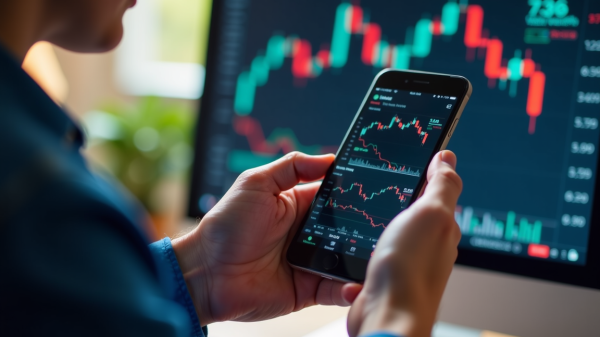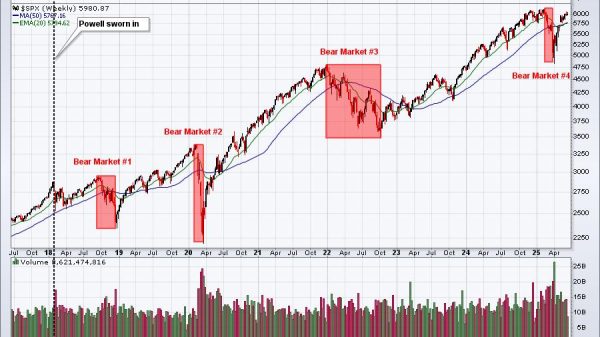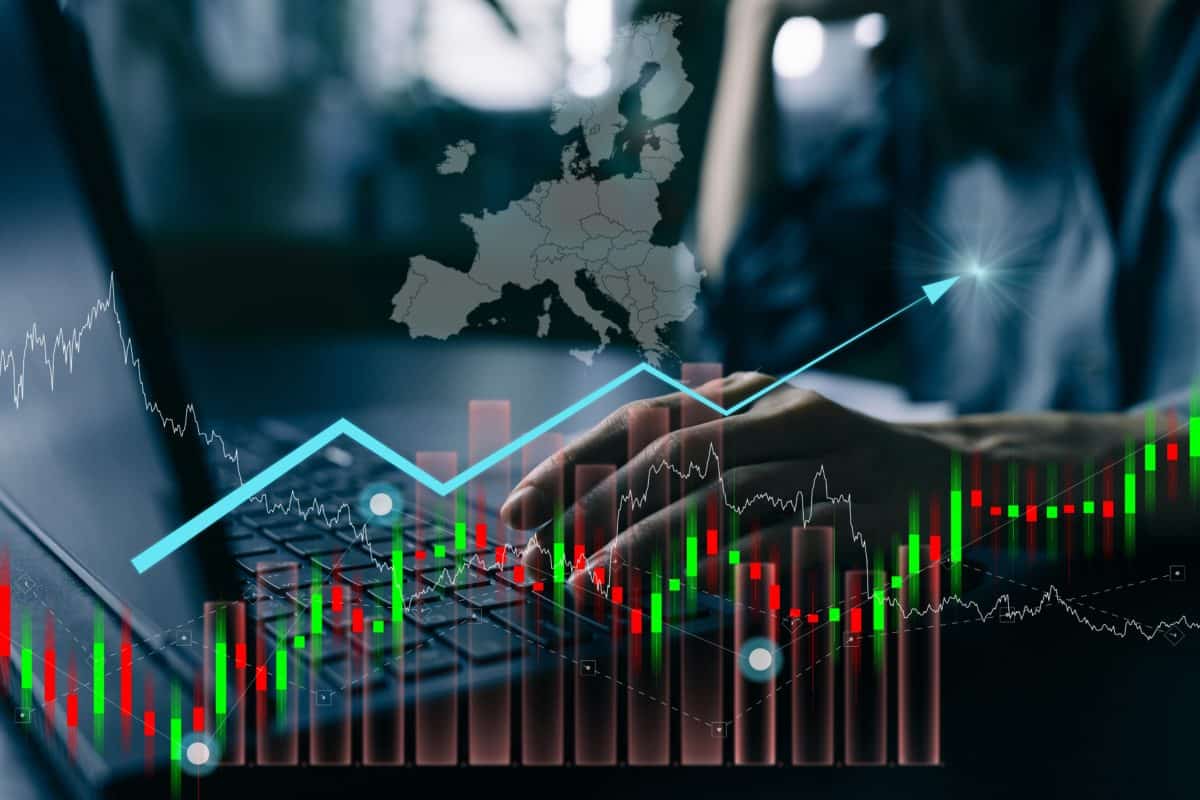The EU’s Imports Of Russian LNG Surged By 40%
In the ever-evolving global energy market, LNG trading has emerged as a key player, driving both economic growth and geopolitical dynamics. Recent trends, such as the surge in LNG tanker movements and the pricing intricacies of LNG, highlight this sector’s complexity and potential profitability.
The Surge in LNG Trading: A Focus on Russian LNG
In the first seven months of 2023, the European Union experienced a substantial surge in its liquefied natural gas (LNG) imports from Russia, marking a notable 40% increase compared to the same period in 2021. The non-governmental organisation (NGO) Global Witness reported this significant uptick in imports in a Wednesday press release.
One distinguishing factor in this trend is that unlike Russian oil, which has faced bans and sanctions in Europe, Russian gas has not encountered such restrictions. However, this does not imply that the European gas landscape has remained static. In fact, pipeline gas supplies from Russia have witnessed a considerable slowdown, prompting Europe to pivot towards alternative sources of gas, notably LNG, including imports from Russia.
Navigating the Complexities of LNG Pricing
While the rise in LNG pricing can offer lucrative opportunities, traders must navigate a complex landscape. Unlike standardised commodities, LNG prices can vary significantly based on factors such as contract terms, market demand, and supply availability. Moreover, geopolitical tensions and unexpected events can introduce volatility, influencing global supply chains and impacting prices.
Remarkably, only China outpaced European Union members in the LNG imports from Russia during this period, accounting for a substantial 20% of Russia’s LNG exports. Spain emerged as a significant player, purchasing 18% of Russia’s total LNG exports, while Belgium closely followed, acquiring 17% of the Russian LNG pie. This starkly contrasts with the scenario in the equivalent period of 2021, before the Russian invasion of Ukraine, where Spain ranked fifth and Belgium seventh among Russia’s top LNG importers.
LNG Tanker Movements and Supply Chain Dynamics
A key element driving LNG trading is the movement of LNG tankers across vast distances. In terms of the broader picture, the European Union collectively acquired a dominant 52% share of Russia’s LNG international traders between January and July 2023. This showcases a noteworthy increase from the 49% share recorded in 2022 and a substantial leap from the 39% share reported in 2021. These statistics underscore the evolving dynamics in European energy supply, emphasising the region’s growing reliance on LNG, particularly from Russia, as a primary source of natural gas.
The EU’s remarkable surge in Russian LNG imports underscores the increasing significance of LNG trading in the global energy landscape. As nations continue to shift towards cleaner energy sources, LNG presents an opportunity for economic growth while reducing carbon emissions. However, the complexities of LNG pricing, influenced by various factors, including supply chain dynamics and geopolitical tensions, require industry players to stay vigilant and adaptable. With LNG tankers crisscrossing the seas, the importance of a reliable and efficient transportation network cannot be overstated.
The post The EU’s Imports Of Russian LNG Surged By 40% appeared first on FinanceBrokerage.

























